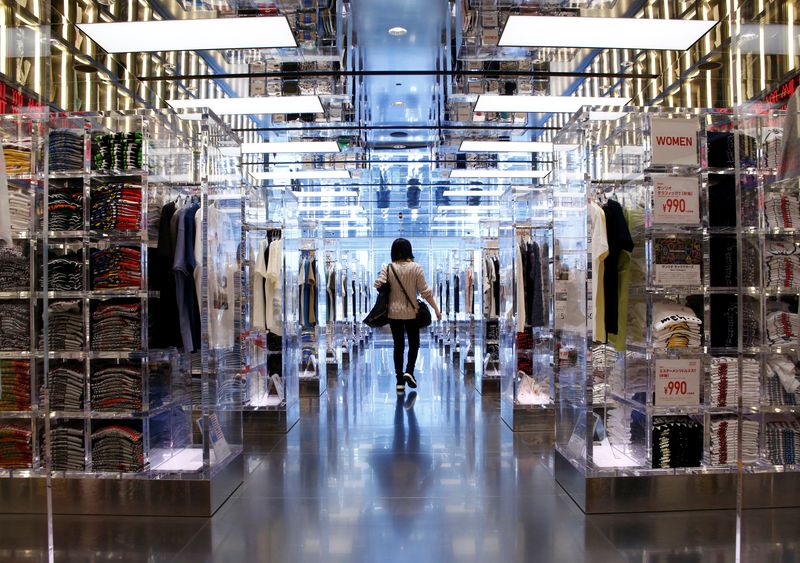By Tetsushi Kajimoto
TOKYO (Reuters) -More Japanese households are expecting prices to rise a year from now, a Bank of Japan survey showed, reflecting stubborn inflation and heaping pressure on the central bank to adjust or ditch its yield curve control.
Speculation has been rife in markets that the BOJ may soon phase out yield curve control (YCC), a prolonged policy that caps the 10-year bond yield around zero, which has fuelled worries about side-effects and market distortions.
The BOJ's quarterly survey on households is among data closely scrutinised by the central bank to determine the outlook for inflation.
The survey results will likely keep alive speculation over the BOJ's moves, given prospects for higher wage growth and broader price hikes that raise living costs for households and businesses.
Although inflation has nearly doubled the BOJ's 2% target, the central bank has repeatedly said it was not the kind of desirable inflation driven by private demand and wage growth.
Rather, what's causing prices to rise in Japan is cost-push inflation, it said.
The survey showed that the ratio of Japanese households expecting prices to rise a year from now stood at 85.7% in March, rising from 85.0% in December.
The ratio of households expecting prices to rise five years from now came to 75.4%, versus 76.7% three months ago.

To help households offset the increase in living costs, major firms have offered wage hikes of 3.8% this year in annual labour talks, the fastest pace in about three decades.
The BOJ relies on YCC policy to guide the 10-year government bond yield around 0% as part of efforts to sustainably and stably achieve its 2% inflation target.